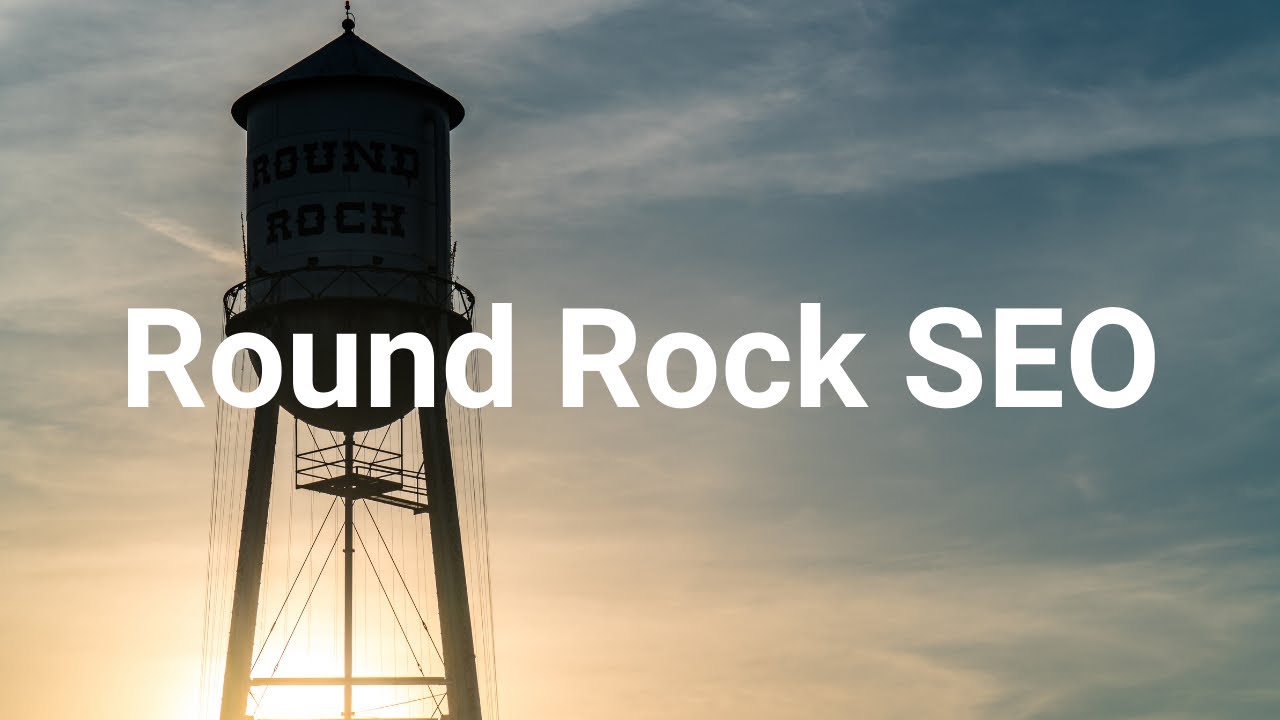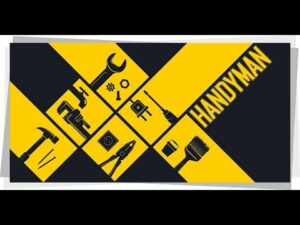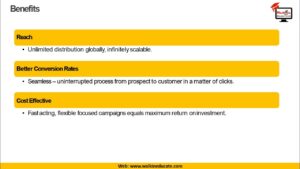
https://www.bobsseo.net/round-rock-seo
#RoundRockSEO
SEO Tips for Round Rock Texas Business Owners
Follow these suggestions to improve your search engine optimization (SEO) and watch your website rise the ranks to the top of search engine results.
1. Publish Relevant, Authoritative Content
Quality, authoritative content is the number one driver of your search engine rankings and there is no substitute for great content—this is especially true when doing SEO marketing. Quality content created specifically for your intended user increases site traffic, which improves your site’s authority and relevance. Fine-tune your web writing skills and present yourself as an authority on the topic you are writing about.
Keywords
Identify and target a specific keyword phrase for each authoritative content page on your website. Think about how your reader might search for that specific page.
Content
Beyond page URL, title, and headings, content is most influential on search engine rankings. Repeat your keyword phrase several times throughout the page—once or twice in the opening and closing paragraphs, and two to four more times throughout the remaining content. Be authoritative. Strategically link to relevant sources and additional information—both within your organization’s broad website and even to other websites which are useful.
Don’t forget to use bold, italics, heading tags (especially an H1), and other emphasis tags to highlight these keyword phrases—but don’t overdo it. You still want your language and writing style to read naturally. Never sacrifice good writing for SEO. The best pages are written for the user, not for the search engine. Read more about SEO marketing to help you find new content opportunities.
Update Your Content Regularly
You’ve probably noticed that we feel pretty strongly about content. Search engines do, too. Regularly updated content is viewed as one of the best indicators of a site’s relevancy, so be sure to keep it fresh. Audit your content on a set schedule (semesterly for example) and make updates as needed.
Blogging
Writing additional content, rich with keyword phrases, on your departmental news blog can also boost your search engine rankings. Blog posts can even be shorter updates about the specific topics you are targeting. Interlink your related CMS webpages and blog posts when it helps give the reader a better picture or additional information about the topic.
Metadata
When designing your website, each page contains a space between the head tags to insert metadata or information about the contents of your page. If you have a CMS site originally produced by the UMC web team will have pre-populated this data for you. However, it is important for you to review and update metadata as your site changes over time.
Title Metadata
Title metadata is responsible for the page titles displayed at the top of a browser window and as the headline within search engine results. It is the most important metadata on your page.
For those with a CMS website, the web team has developed an automated system for creating the meta title for each webpage based on your page title. This adds to the importance of using well-thought-out page titles rich with keyword phrases.
Description Metadata
Description metadata is the textual description that a browser may use in your page search return. Think of it as your site’s window display—a concise and appealing description of what is contained within, with the goal of encouraging people to enter. A good meta description will typically contain two full sentences. Search engines may not always use your meta description, but it is important to give them the option.
Keyword metadata is rarely if ever used to tabulate search engine rankings. However, you should already know your keyword phrases, so it doesn’t hurt to add them into your keyword metadata. You’ll want to include a variety of phrases. As a general rule, try to keep it to about 3-7 phrases with each phrase consisting of 1-4 words. A great example would be a “computer science degree.”
Have a link-worthy site
A webpage that is content-rich, authoritative, unbiased, and helps visitors learn more about what they are interested in is most likely to attract links from other websites, which improves your search engine optimization.
Improve your authority and credibility by adding relevant links within the text. Instead of having “click here” links, try writing out the name of the destination. “Click here” has no search engine value beyond the attached URL, whereas “Michigan Tech Enterprise Program” is rich with keywords and will improve your search engine rankings as well as the ranking of the page you are linking to. Always use descriptive links by linking keywords—it not only improves search engine optimization but also adds value to your readers, including those with disabilities or who are using screen readers.
source







